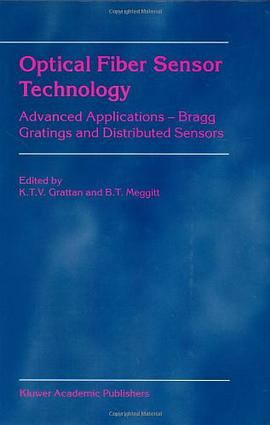

具体描述
Vexing Nature? On the Ethical Case Against Agricultural Biotechnology is a collection of philosophical essays on the ethical dimensions of agricultural biotechnology and genetically modified (GM) crops. Agricultural biotechnology refers to a diverse set of industrial techniques used to produce genetically modified foods. Genetically modified (GM) crops are plants manipulated at the molecular level to enhance their value to farmers and consumers. The ethical issues discussed in Vexing Nature? On the Ethical Case Against Agricultural Biotechnology are diverse and complex. Comstock addresses such concerns as the possibility of genetic engineering producing unanticipated allergens in previously safe foods, unexpectedly toxic health supplements, novel GM diseases, environmental catastrophe, bizarre new lines of animals possessing genes taken from humans, exceedingly wealthy corporations more powerful than the nations trying to regulate them, bankrupted family farmers in the US and Europe, exploited peasant farmers in developing countries, inhumanely treated animals in our labs and on our farms, and corrupted attitudes to nature among our children. In a fascinating narrative account of a journey that began in 1988 and ended twelve years later, Comstock tells the story of how he, an early and somewhat vocal critic of agricultural biotechnology, changed his mind about the ethical acceptability of GM organisms (GMO). Once tempted to oppose all uses of genetic engineering in agriculture, Comstock came to believe that many uses are morally justifiable, and even required. Vexing Nature? On the Ethical Case Against Agricultural Biotechnology explains his early, anti-GMO, position; the ethical, environmental, economic, social justice and animal rights arguments that led him to reverse himself; and the implications of his new position for public policy.
作者简介
目录信息
读后感
评分
评分
评分
评分
用户评价
相关图书
本站所有内容均为互联网搜索引擎提供的公开搜索信息,本站不存储任何数据与内容,任何内容与数据均与本站无关,如有需要请联系相关搜索引擎包括但不限于百度,google,bing,sogou 等
© 2026 book.wenda123.org All Rights Reserved. 图书目录大全 版权所有




















